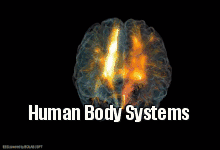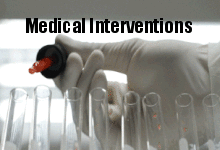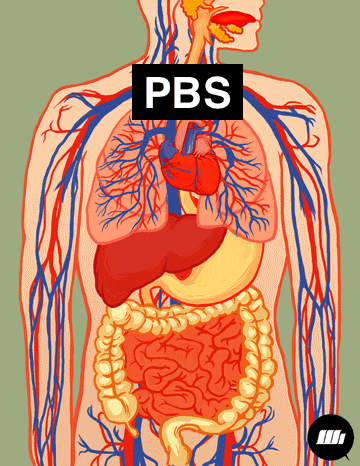
Students will engage in the study of the processes, structures, and interactions of the human body systems. Important concepts in the course include: communication, transport of substances, locomotion, metabolic processes, defense, and protection. The central theme is how the body systems work together to maintain homeostasis and good health. The systems will be studied as “parts of a whole,” working together to keep the amazing human machine functioning at an optimal level. Students will design experiments, investigate the structures and functions of body systems, and use data acquisition software to monitor body functions such as muscle movement, reflex and voluntary actions, and respiratory operation.
- Teacher: Heather Berrier

In the Medical Interventions course, students will investigate the variety of interventions involved in the prevention, diagnosis and treatment of disease as they follow the lives of a fictitious family. A “How-To” manual for maintaining overall health and homeostasis in the body, the course will explore how to prevent and fight infection, how to screen and evaluate the code in our DNA, how to prevent, diagnose and treat cancer, and how to prevail when the organs of the body begin to fail. Through these scenarios, students will be exposed to the wide range of interventions related to Immunology, Surgery, Genetics, Pharmacology, Medical Devices, and Diagnostics.
- Teacher: Danny Naegeli
